Anthropology
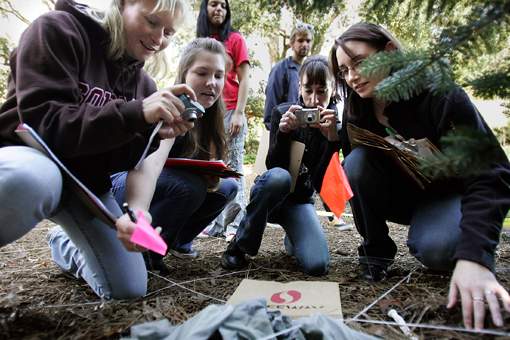
Of all the human sciences, anthropology is the broadest. Anthropologists study how human beings have come to be as they are: a physically distinct species, communicating through language, adapted to every habitat on earth, and living in an amazing variety of life ways. As anthropologists become increasingly engaged with the world, they have led in the development of a global focus on how culturally different peoples interact, how humans change their customary ways of life, and how they have evolved over time.
Criminology and Criminal Justice Studies

The Criminology and Criminal Justice Studies major offers a liberal arts curriculum concerned with the changing nature and content of law; the shifting public expectations of criminal justice agencies; the implications of diversity along the lines of race, gender, and class; and the reactions of those agencies to social perceptions and political pressures.
- Bachelor of Arts in Criminology & Criminal Justice Studies
- Minor in Criminology & Criminal Justice Studies
Geography, Environment and Planning
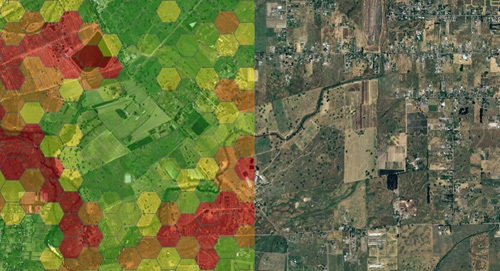
The GEP Major: The Department prepares students for careers in environmental, energy, sustainability, geospatial and planning professions, for graduate studies, and for their role as informed and thoughtful global citizens..
- Bachelor of Arts in Environmental Studies, Geography, and Planning
- Bachelor of Science in Environmental Studies Science, Geography, and Management
- Minor in Geography and Environment
Global Studies
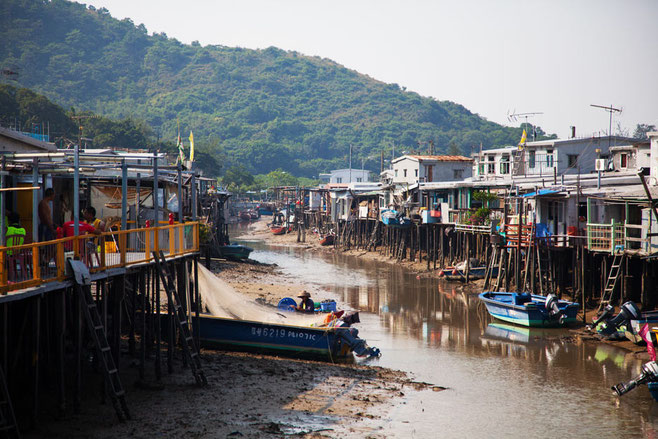
Global Studies is an interdisciplinary program, drawing on various social and natural sciences, as well as the humanities, to learn how local places are impacted by regional, national, and transnational cultural flows, environmental processes, political ideologies and economic relations. This curriculum gives students the knowledge and the theoretical and methodological skills necessary to understand our complex and rapidly changing world. The major prepares students for international careers, empowering them to shape their world as the next generation of global leaders in business, education, government, and the non-profit sector.
History

The Department of History at Sonoma State University offers courses in US, European, Asian, and Latin American history in addition to courses with regional and thematic approaches.The study of history involves the study of all human thought and action, ranging from the economic and the political to the psychological and the artistic. Combining the perspectives and methods of the social sciences and the humanities, it seeks to comprehend the problems and challenges faced by individuals and societies in the distant and recent past, nearby and far away. This understanding of the human experience provides the necessary historical perspective to explain the present. In the process of making sense of our collective and individual past, the student of history develops research, analytical, and communication skills which can be drawn upon in a variety of careers.
Human Development
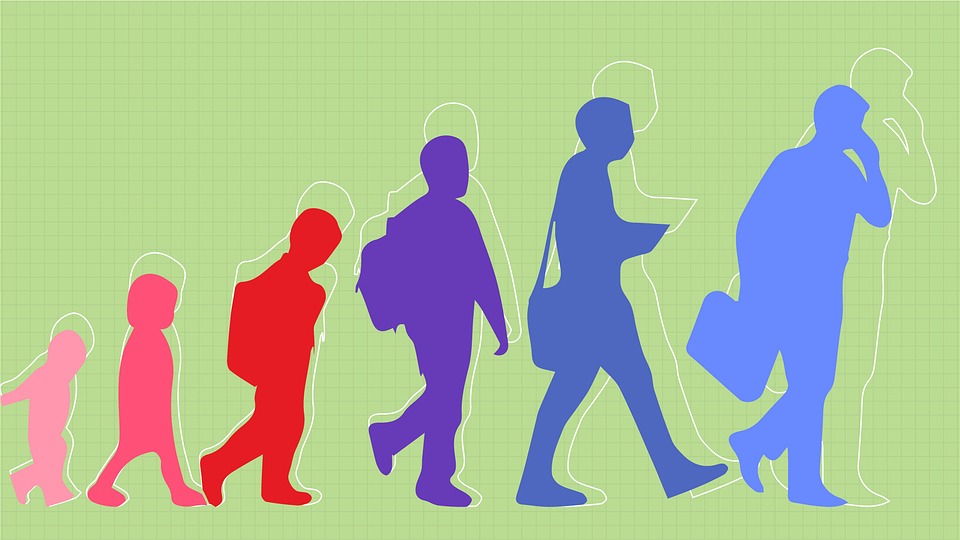
The Human Development (HD) Program offers an interdisciplinary Bachelor of Arts degree that focuses on human growth and development across the life span, the underlying processes and structures that support that development, and the relationships between the individual and the complex familial, social, and cultural environments in which development is situated. Departments in the School of Social Sciences focus on knowledge and skills that prepare our graduates to live richly rewarding personal, professional, and social lives while understanding and appreciating human complexity in a global society.
Political Science
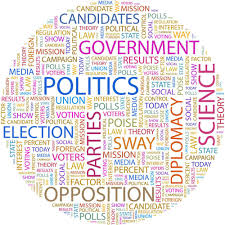
The Political Science program at Sonoma State University offers excellent opportunities for the study of government and politics. Over 40 courses cover all major aspects of the discipline. Students develop an understanding of human behavior as this relates to politics. They learn to discuss and analyze critically the many current public policy issues facing the United States and the world. They are taught how to analyze and understand world affairs and comparative politics. They are trained in the appropriate research techniques for the study of political processes.
- Bachelor of Arts in Political Science
- Minor in Political Science
- Master's Degree in Public Administration (MPA)
Psychology
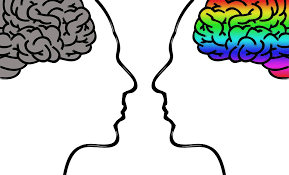
Psychology is the study of the mind, behavior and experience. The department's historical roots in humanistic psychology have evolved to include contemporary topics such as health and wellness, mindfulness, ecopsychology, optimal development, and multi-cultural competence. Psychology is an extremely diverse field that attracts people with a wide variety of backgrounds, interests, and skills. Our goal is to empower students with the psychological knowledge and practical skills that will enable them to be effective agents of change in the world.
Sociology
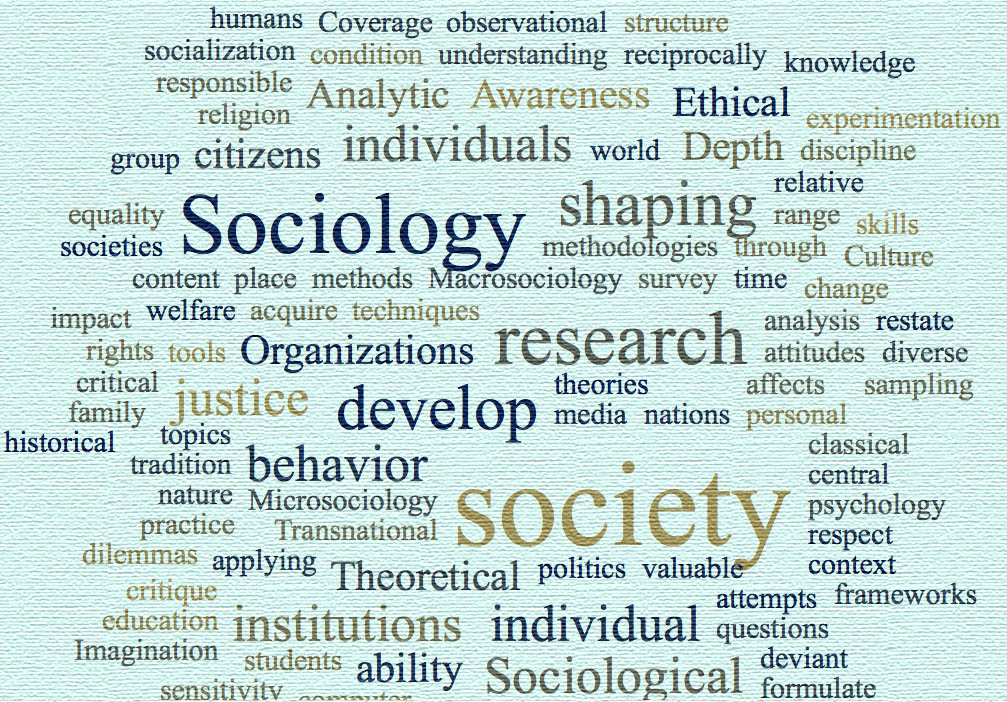
Sociology is a field with diverse areas of study. These range from the behavior of the individual as a social actor to the structure of entire societies. Key topics include social psychology, socialization, deviant behavior, group behavior, organizations and institutions, power, inequality, and social change. Major social institutions, including the family, education, religion, social welfare, medicine, work, politics, leisure, and the media, are also explored in detail. To develop skills for studying society, students are introduced to valuable techniques such as survey research, sampling, observational methods, content analysis, experimentation, interviewing, and computer applications in research.
Women's and Gender Studies
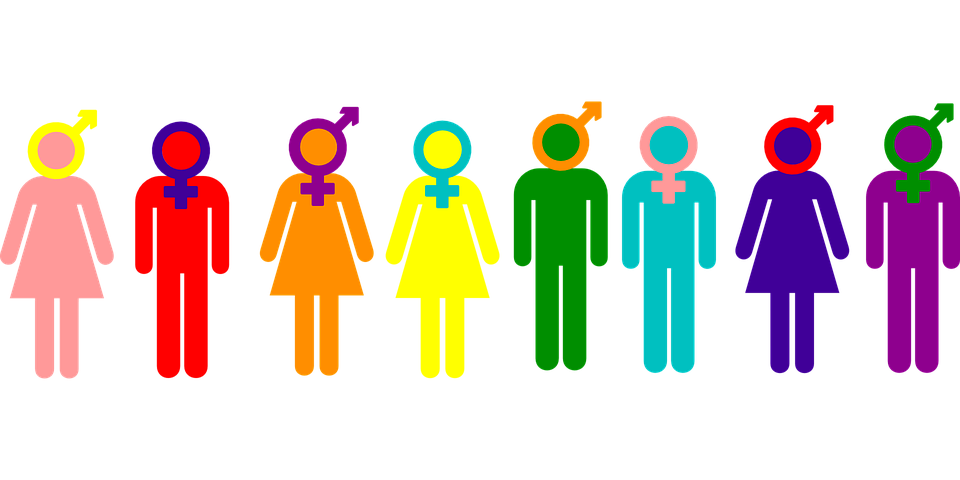
Women’s and Gender Studies (WGS) Department welcomes all students who would like to learn about gender, race, ethnicity, sexuality, immigration, class, and ability. Students in WGS study how gender structures everything from our innermost sense of self, to family and community, to transnational relations. Students in this major sharpen their critical thinking skills about some of the most dynamic issues in our society. These are the types of skills and knowledge that employers and social movements want and need—they also help us deepen our understanding of ourselves.
